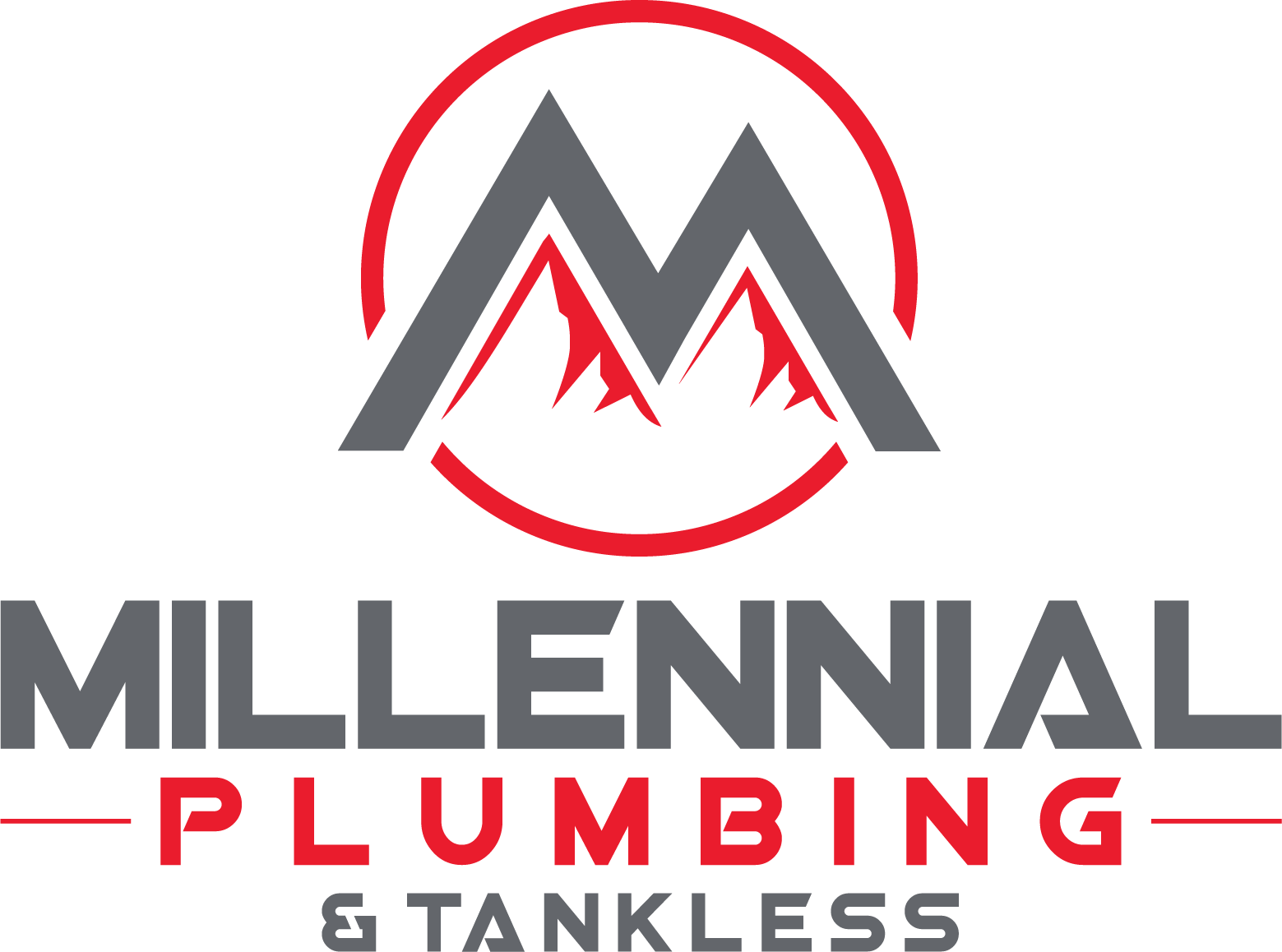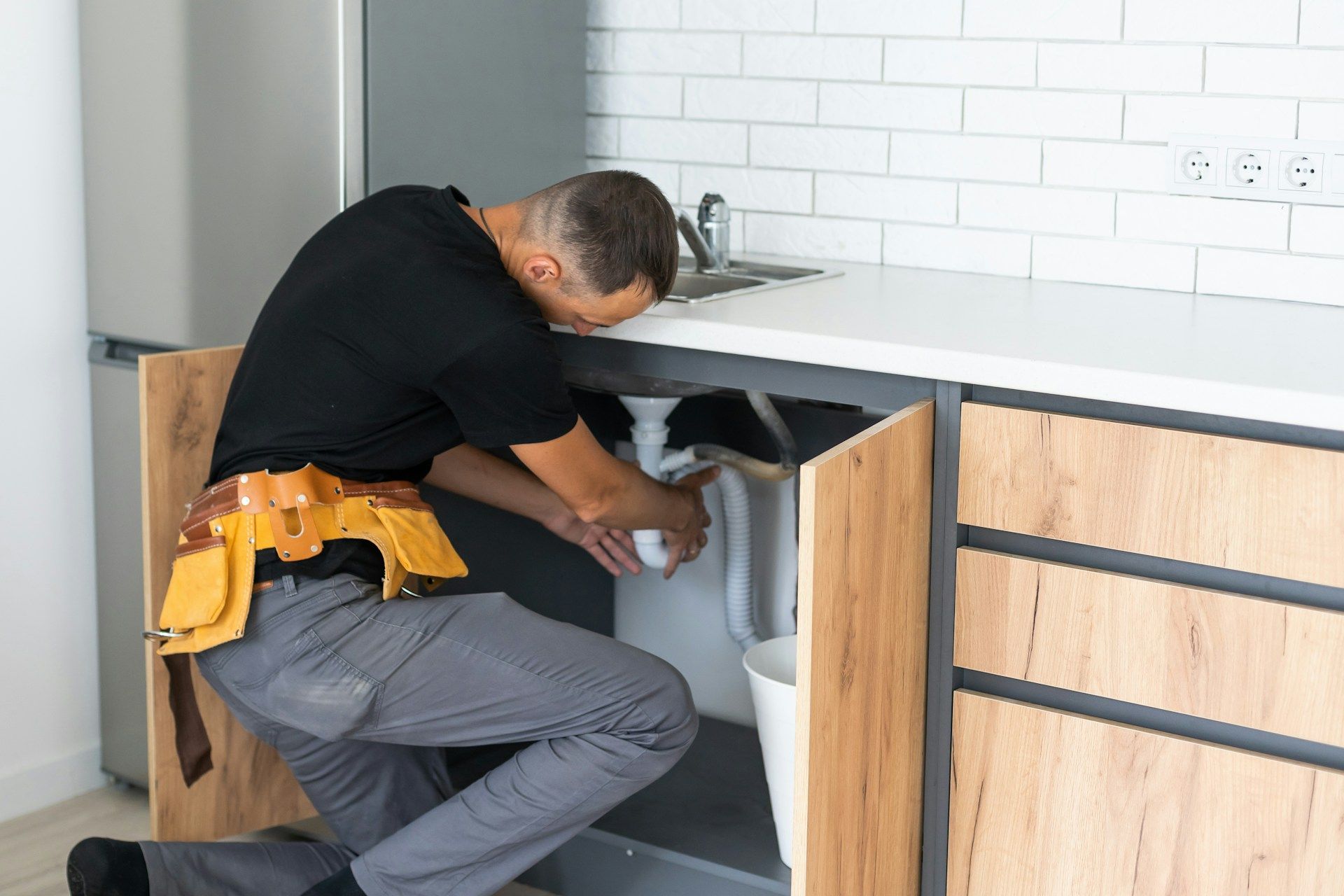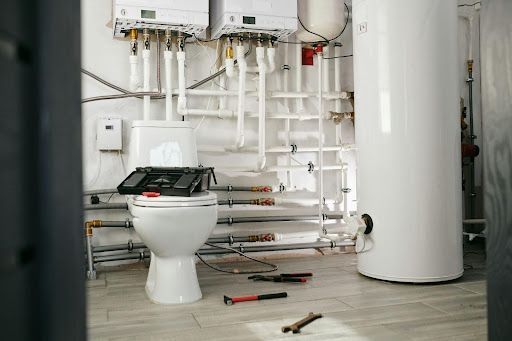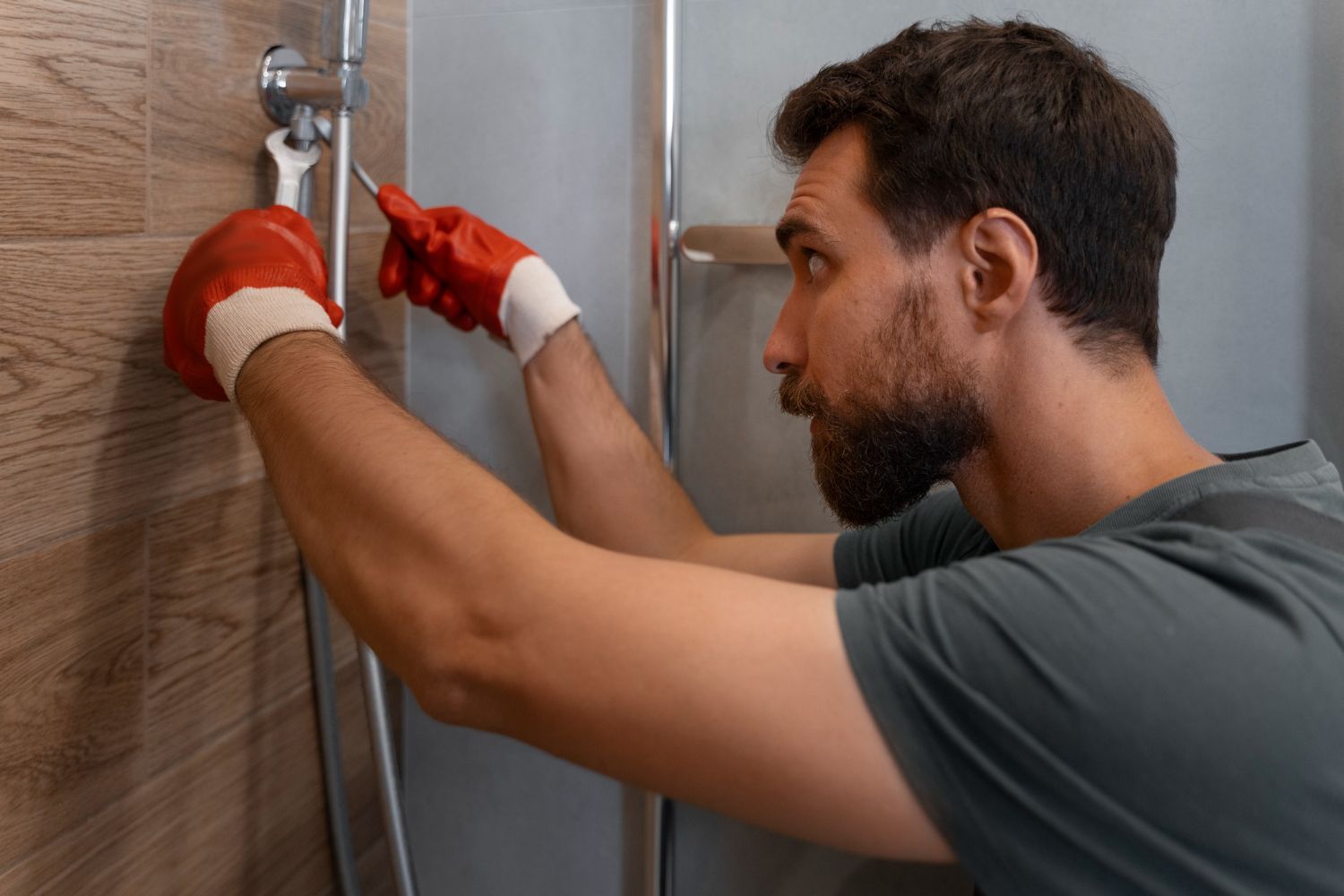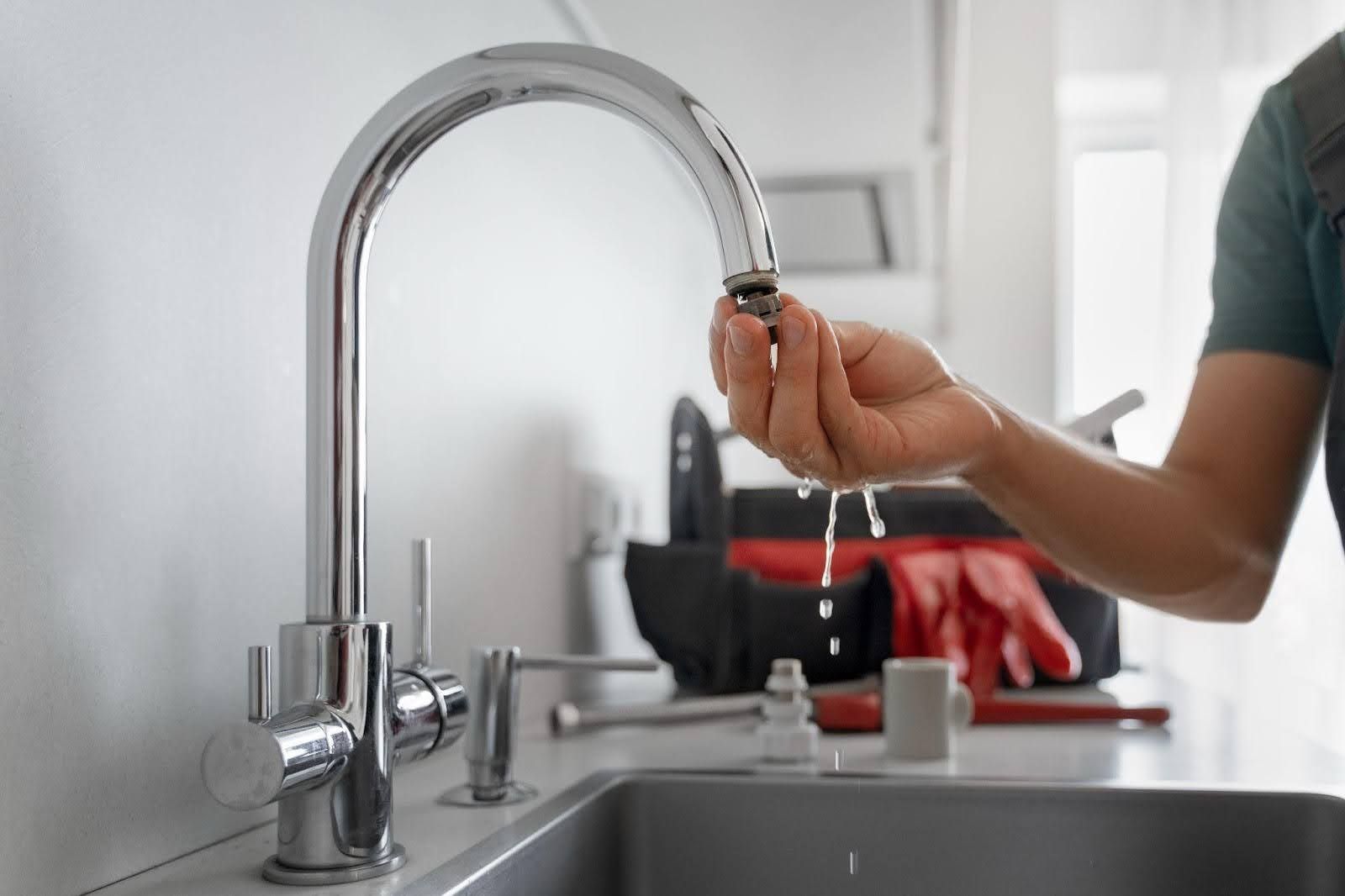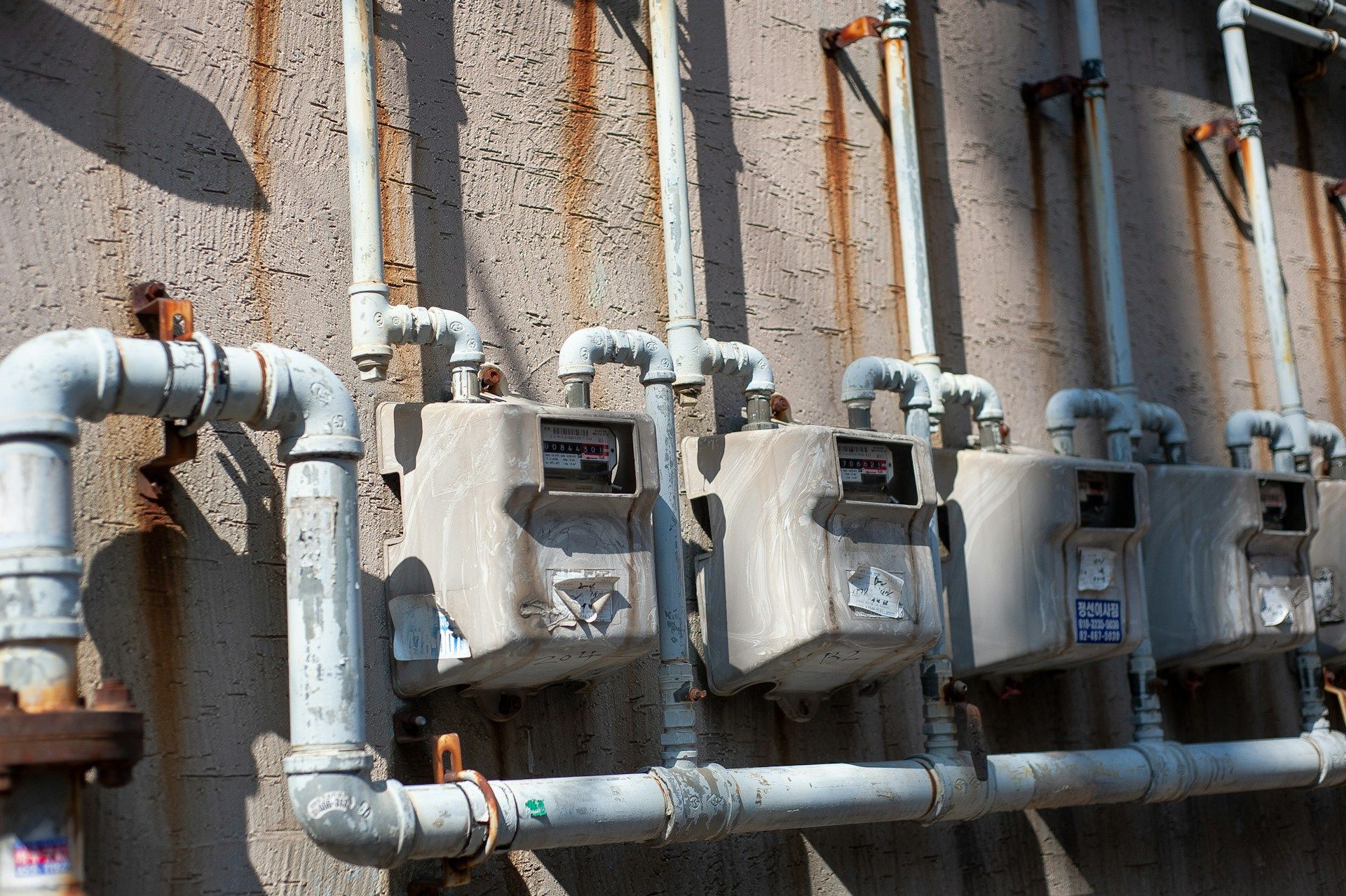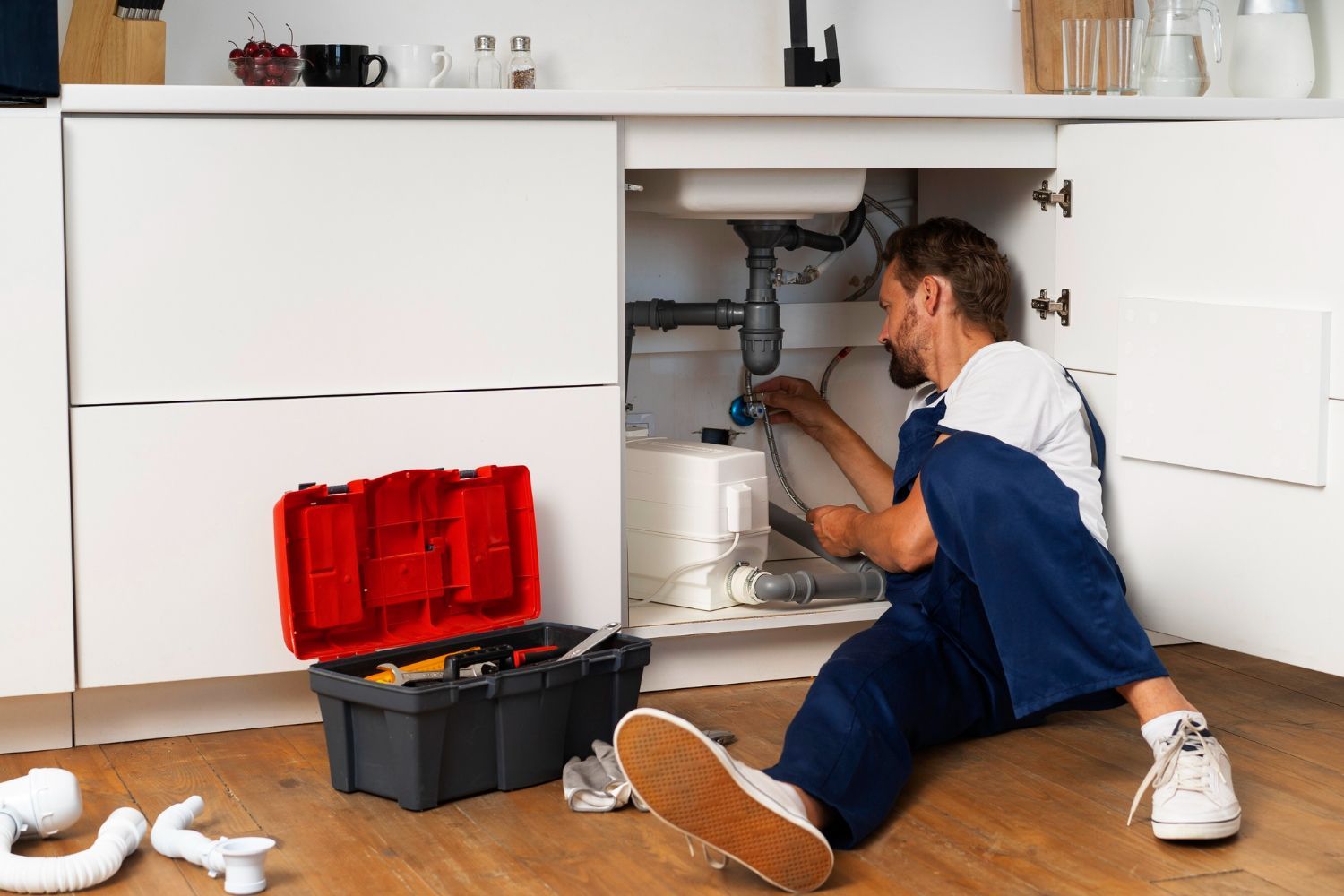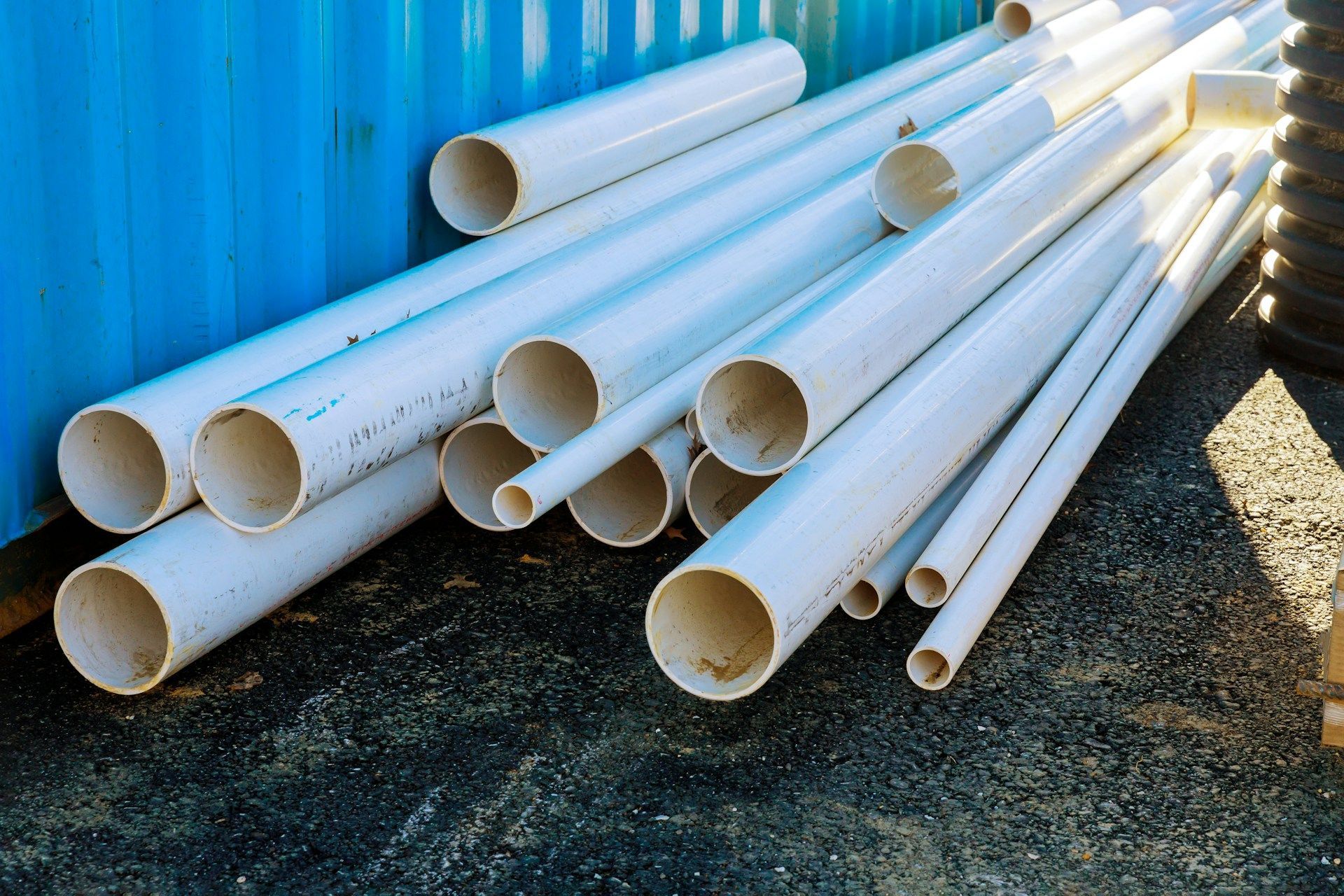Different Types of Plumbing Pipes: Pros and Cons
Different Types of Plumbing Pipes
Choosing the appropriate plumbing pipes for your home is a crucial decision, impacting the efficiency and longevity of your plumbing system. With various pipe materials available on the market, it can be overwhelming to assess the best fit for your needs. As a reliable plumbing service provider, Millennial Plumbing & Tankless is ready to offer the necessary guidance to make informed decisions for your plumbing projects.
In this comprehensive guide, we explore the pros and cons of different types of plumbing pipes, providing valuable insights to help you select the most suitable pipe materials for your needs. Whether you are undertaking a new construction project or planning a pipe replacement, understanding the strengths and weaknesses of each material type can significantly impact the outcome and durability of your plumbing system.
Different Types of Plumbing Pipes and What They're Used For
When considering plumbing pipe types for your Dacula, Georgia home, it's essential to understand the unique characteristics and applications of each material:
1. Copper Pipes
Copper is one of the most widely used plumbing pipe materials due to its durability and reliability.
Pros:
- Highly resistant to corrosion, resulting in a long lifespan
- Bacteria and heat-resistant, making it safe for drinking water and hot water supply
- Easily joined using soldering or compression fittings
- High pressure-bearing capacity, suitable for a broad range of applications
Cons:
- Expensive compared to other materials like PEX or PVC
- Can be difficult to install for DIY homeowners
- Prone to theft due to the high value of copper
- May corrode when exposed to acidic water, leading to the formation of pinhole leaks
2. Galvanized Steel Pipes
These pipes, once popular in older homes, are now mainly replaced by more modern materials. However, they remain useful in specific industrial applications.
Pros:
- Strong and sturdy, providing robust support for plumbing fixtures
- Can last for up to 50 years if not exposed to excessive corrosion
- Cost-effective compared to other materials like copper and stainless steel
Cons:
- Prone to rust and corrosion, leading to reduced water quality and potential health risks
- Heavy and difficult to install without professional assistance
- Unsuitable for drinking water supply due to the risk of rust contamination
3. Polyvinyl Chloride (PVC) Pipes
PVC is a versatile and affordable option for various plumbing applications, including water supply and drainage systems.
Pros:
- Lightweight and easy to install, which makes them suitable for DIY projects
- Resistant to chemicals and corrosion
- Inexpensive compared to other plumbing pipe materials
- Available in different sizes and fittings, providing flexibility for various applications
Cons:
- Not suitable for hot water as PVC can warp under high temperatures
- Susceptible to damage from UV exposure if installed outside
- Possible health concerns associated with the release of toxins if burned
4. Chlorinated Polyvinyl Chloride (CPVC) Pipes
CPVC is an upgraded variant of PVC, offering added durability and heat resistance, making it suitable for hot water applications.
Pros:
- Can handle higher temperatures compared to standard PVC pipes
- Resistant to corrosion and chemicals
- Easy to install using solvent cement
- Cost-effective compared to other plumbing pipes like copper
Cons:
- Slightly more expensive than standard PVC pipes
- Cannot be used for outdoor applications unless UV-resistant paint or wrap is applied
- Typically has a shorter lifespan than other materials like copper or PEX
5. Cross-Linked Polyethylene (PEX) Pipes
PEX is an increasingly popular choice for residential plumbing installations, providing flexibility and ease of installation.
Pros:
- Flexible and easy to install, allowing for fewer joints and reduced leakage risk
- Resistant to corrosion and scale buildup
- Great for retrofits and repipes in Dacula, Georgia homes
- Compatible with both hot and cold water systems
Cons:
- Not suitable for outdoor plumbing due to UV sensitivity
- Cannot be directly connected to a water heater without using a heat-resistant connector
- Potential issues with chemical leaching, although recent regulations have reduced this risk
6. Stainless Steel Pipes
Stainless steel is ideal for high-end applications where durability and a sleek appearance are essential.
Pros:
- Highly resistant to corrosion, ensuring a long lifespan
- Can handle high pressures and temperatures
- Aesthetically pleasing, perfect for exposed plumbing installations
Cons:
- Expensive compared to other materials like copper and PEX
- Can be challenging to install without professional assistance
- Susceptible to stress corrosion cracking in chloride-rich environments
7. Cast Iron Pipes
Though less common in residential plumbing nowadays, cast iron pipes remain the preferred material for specific industrial drainage systems.
Pros:
- Strong and durable, with a lifespan of up to 100 years
- Excellent soundproofing capabilities, significantly reducing noise from drainage systems
Cons:
- Heavy and difficult to install without professional assistance
- Prone to rust and corrosion, which can affect water quality
- Not suitable for drinking water applications
8. Polybutylene Pipes
Polybutylene was popular during the 1970s and 1990s, but issues with degradation and leaks have led to its discontinuation in the United States.
Pros:
- Lightweight and flexible, providing easy installation
- Cost-efficient compared to copper or PEX
Cons:
- Prone to cracks and ruptures due to chlorine and other water treatment chemicals
- Not recommended for new plumbing installations
9. High-Density Polyethylene (HDPE) Pipes
HDPE pipes are favored in specific underground water supply and sewage applications, offering durability and flexibility.
Pros:
- Resistant to chemicals and corrosion
- Can be fused or heat welded for seamless, leak-free joints
- Suitable for underground applications
Cons:
- Limited availability and use in residential plumbing systems
- Slightly more expensive than PVC or CPVC
10. Black Iron Pipes
Typically used in natural gas supply lines, black iron pipes are less common in residential plumbing.
Pros:
- Robust and durable, providing reliable support for gas supply lines
- Resistant to fire and temperature fluctuations
Cons:
- Prone to rust and corrosion, which can lead to leaks
- Heavy and difficult to install without professional help
jChoosing the Best Type of Pipes for Plumbing in Your House
With various plumbing pipes available, selecting the most suitable material for your Dacula, Georgia, home depends on factors such as budget, application, and local building codes. It's crucial to consult with a professional plumber, like the experts at Millennial Plumbing & Tankless, to assess your needs and ensure the correct pipe selection.
Final Thoughts on Selecting the Right Plumbing Pipes for Your Home
Ultimately, the key to a well-functioning and efficient plumbing system lies in selecting the most suitable pipe materials for your specific needs and circumstances. This comprehensive guide offers insights into the pros and cons of different types of plumbing pipes to assist you in making an informed decision. However, working with an experienced plumbing professional in Dacula, Georgia, like Millennial Plumbing & Tankless, can ensure that your unique requirements are met and installations are performed correctly. Don't risk the integrity of your plumbing system by making uninformed choices. Contact Millennial Plumbing & Tankless to discuss your plumbing pipe needs and receive expert guidance for a lasting and reliable solution.
Frequently Asked Questions
1. What is the best type of pipe for plumbing?
The best type of pipe depends on the application, budget, and local building codes. Copper and PEX are popular choices for their durability and versatility.
2. What type of pipe is used for main water lines?
Copper, PEX, PVC, and HDPE are common materials used for main water lines, with the choice depending on local building codes and budget.
3. What is the safest pipe for drinking water?
Copper, PEX, and CPVC are considered safe for drinking water, as they are resistant to corrosion and leaching of harmful chemicals.
4. How often do pipes need to be replaced?
Pipe replacement depends on the pipe material, water quality, and external factors such as corrosive soil conditions. Copper and PEX pipes can last up to 50 years, while PVC and CPVC may last around 25-40 years. Regular inspections by a professional plumber can help determine when a replacement is necessary.
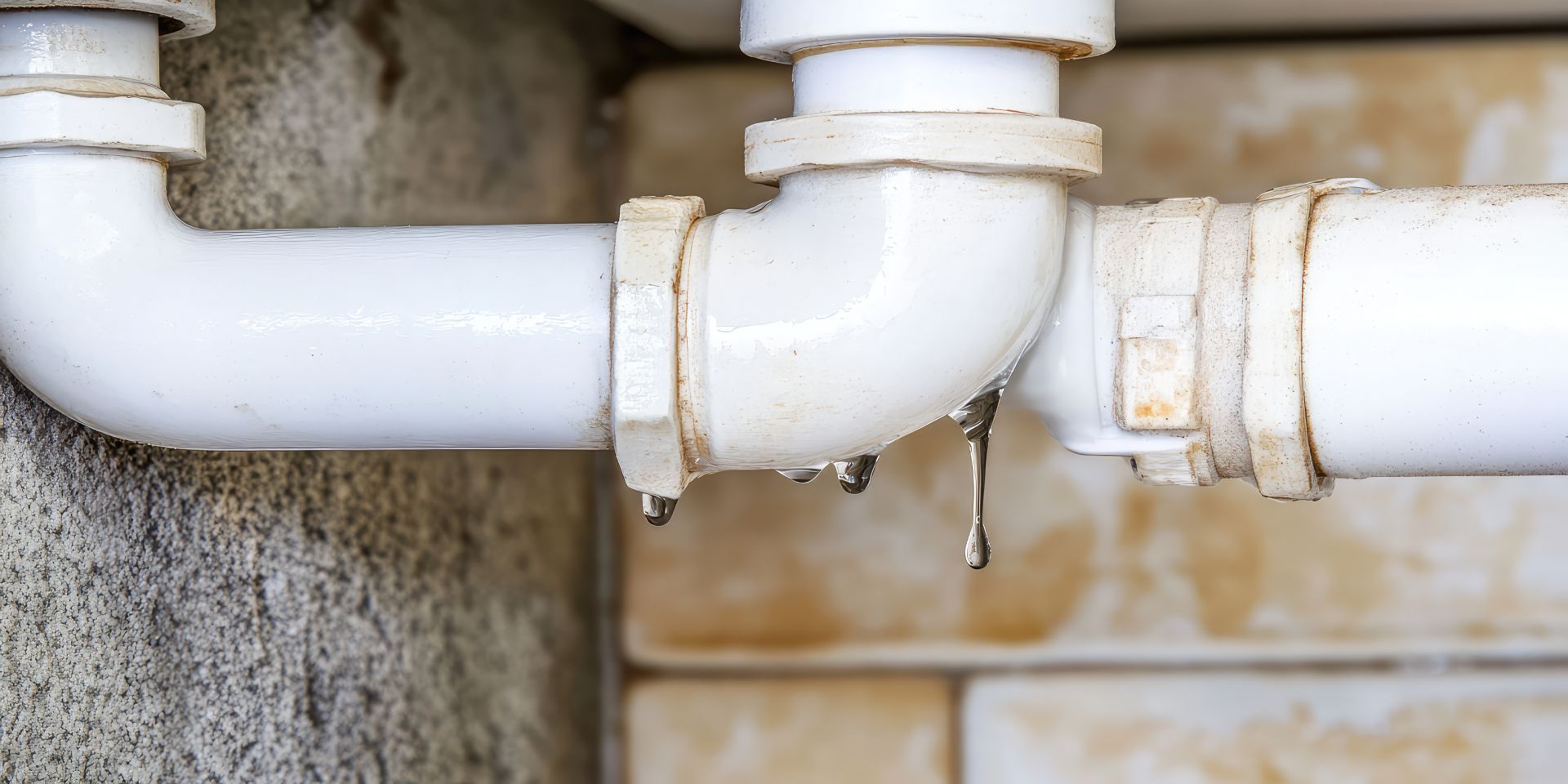
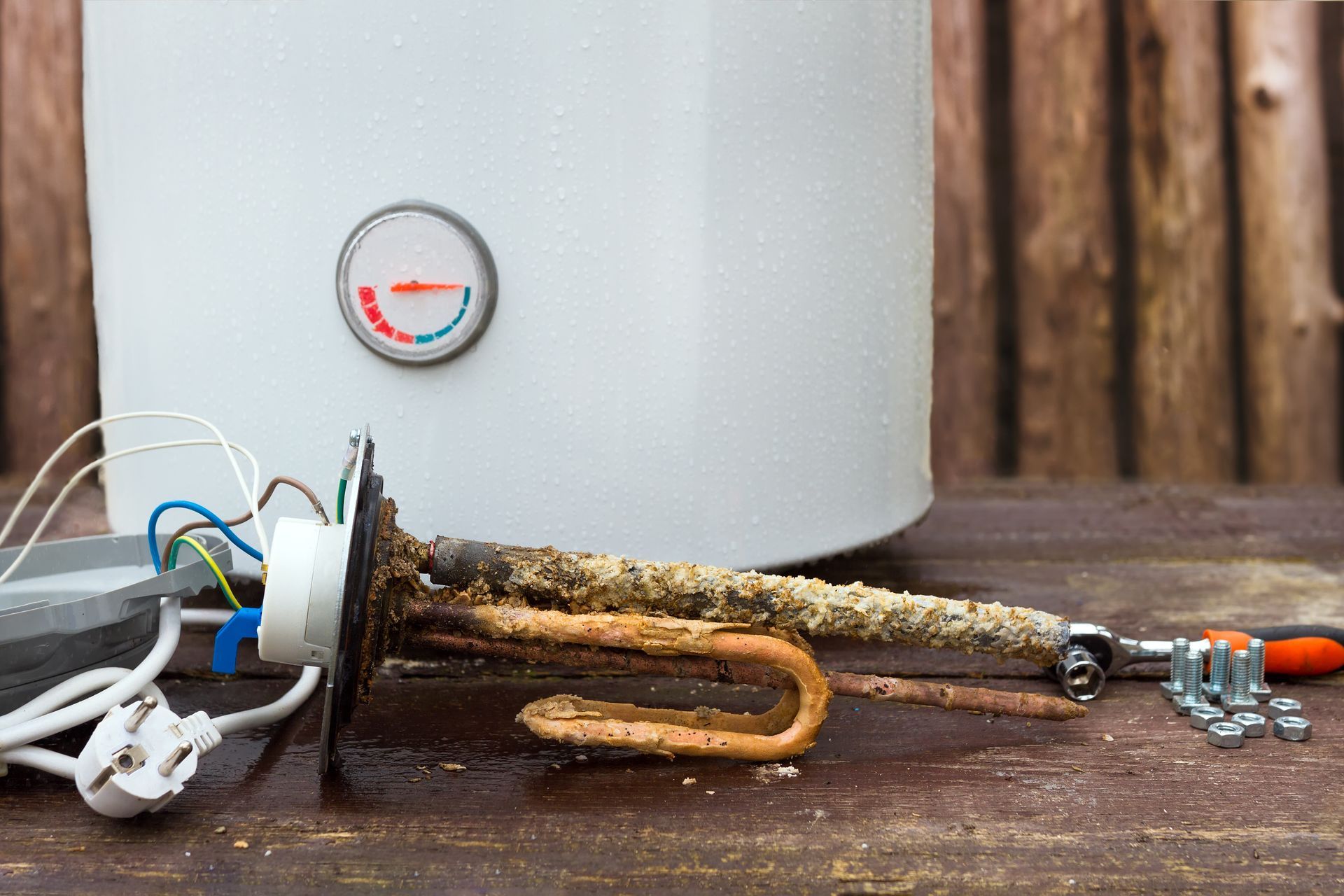
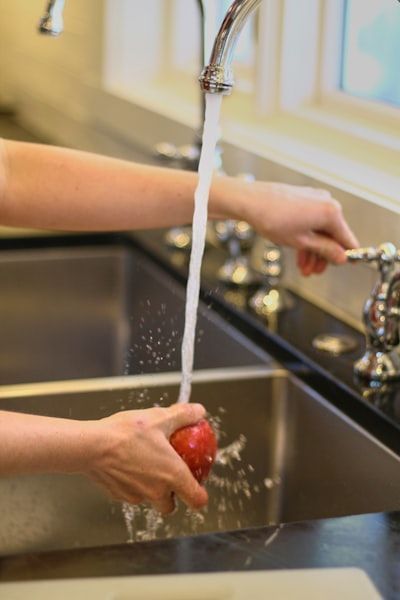
Proudly Serving
METRO ATLANTA &
SURROUNDING AREAS
Lawrenceville / Duluth / Braselton / Monroe / Suwanee / Athens / Covington / Buford / Loganville / Dacula / Alpharetta / John's Creek
Millennial Plumbing & Tankless
470-727-6292 (call or text)
millennialplumbingandtankless@gmail.com
Serving All of Metro Atlanta
- Monday
- -
- Tuesday
- -
- Wednesday
- -
- Thursday
- -
- Friday
- -
- Saturday
- -
- Sunday
- Closed
